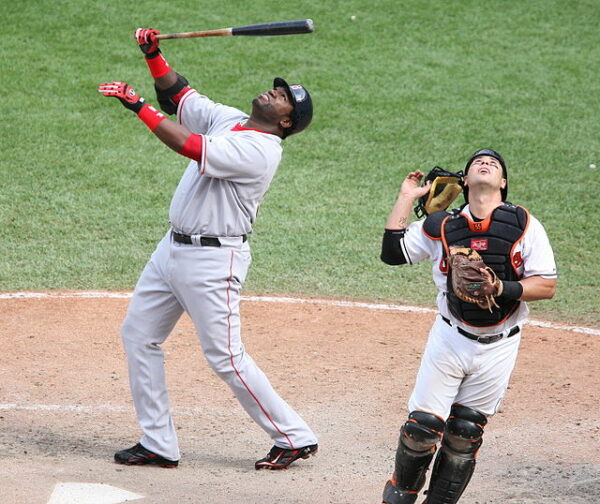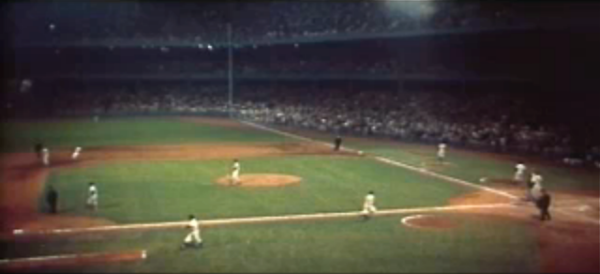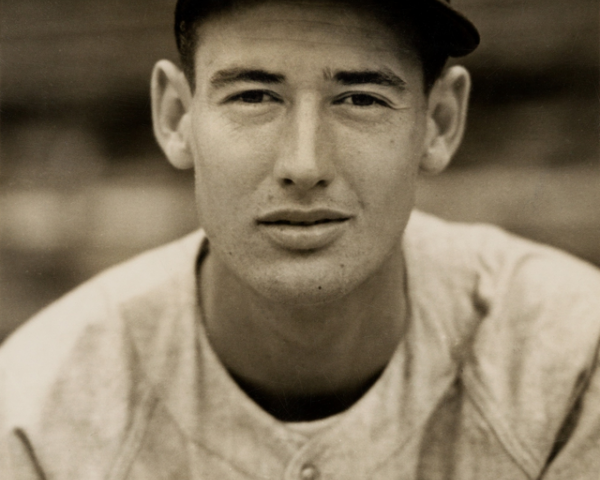On January 11, 1973, Major League Baseball’s owners made a historic decision by approving the use of the designated hitter (DH) rule in the American League (AL). This change significantly impacted the sport’s traditional strategy and marked one of baseball’s most transformative moments in the 20th century. By introducing the DH, the league aimed to enhance offensive action, attract more fans, and modernize the game.
The concept of the designated hitter had been discussed for years, as proponents sought a solution to address declining offensive output and low attendance in certain markets. Pitchers, who traditionally batted as part of the lineup, were often ineffective hitters, leading to frustration among fans eager for more action in games. This created momentum for a rule that would inject excitement into the game by replacing pitchers in the batting order with skilled hitters.
The path to adopting the DH involved extensive debate among baseball leadership. Commissioner Bowie Kuhn played a key role in advancing the idea, advocating for changes that would appeal to younger audiences and reinvigorate interest in the sport. American League owners saw the DH as a way to increase the competitiveness of games, draw larger crowds, and generate enthusiasm among casual fans.
When the AL owners voted on January 11, the decision was overwhelmingly in favor of the DH. The rule allowed teams to substitute their pitchers in the batting lineup with a designated hitter, a player whose sole focus was offense. This provided a lifeline for aging sluggers who were no longer defensively strong but could still contribute with their bats. It also gave pitchers the chance to concentrate solely on pitching, eliminating the risks and distractions of batting.
The adoption of the DH sparked polarized reactions. Baseball traditionalists lamented the move as a departure from the sport’s roots, where every player, including pitchers, was expected to participate fully. Fans and teams in the National League (NL), where pitchers continued to bat, criticized the change as an erosion of baseball’s purity. On the other hand, supporters of the DH highlighted the excitement it brought to games through increased offensive output and more dramatic moments.
Strategically, the designated hitter reshaped the game in the AL. Managers no longer had to grapple with the decision to pinch-hit for pitchers late in games, which simplified late-game strategies. The change also reduced the risk of injury to pitchers during batting and base running, allowing them to focus entirely on their primary roles. For offensive players, the DH created a new avenue to extend their careers, ensuring their talents remained an asset even if their defensive skills declined.
The DH’s introduction also marked a cultural shift in baseball, as it became a signature feature of the AL and set it apart from the NL. Fans enjoyed the higher-scoring games and the spectacle of power hitters dominating at the plate. The contrast in rules between the two leagues added intrigue to the World Series, where teams alternated between AL and NL styles depending on the venue.
Initially, the DH was adopted on a trial basis for three years, but its popularity ensured it became a permanent fixture in the AL. Over time, players like Edgar Martínez and David Ortiz personified the role, elevating it to an iconic status. The rule’s impact on the game grew so significant that it ultimately reshaped how baseball was played and perceived.
For nearly five decades, the DH remained exclusive to the AL, maintaining a distinction between the two leagues. However, in 2022, Major League Baseball adopted the DH rule universally, standardizing it across both leagues and unifying the sport’s rules.
The decision made on January 11 to implement the designated hitter marked a pivotal moment in baseball history. It modernized the game, invigorated its fan base, and created a new avenue for player careers to flourish. By embracing change, the sport laid the groundwork for a dynamic new era while preserving its essence as America’s favorite pastime.






